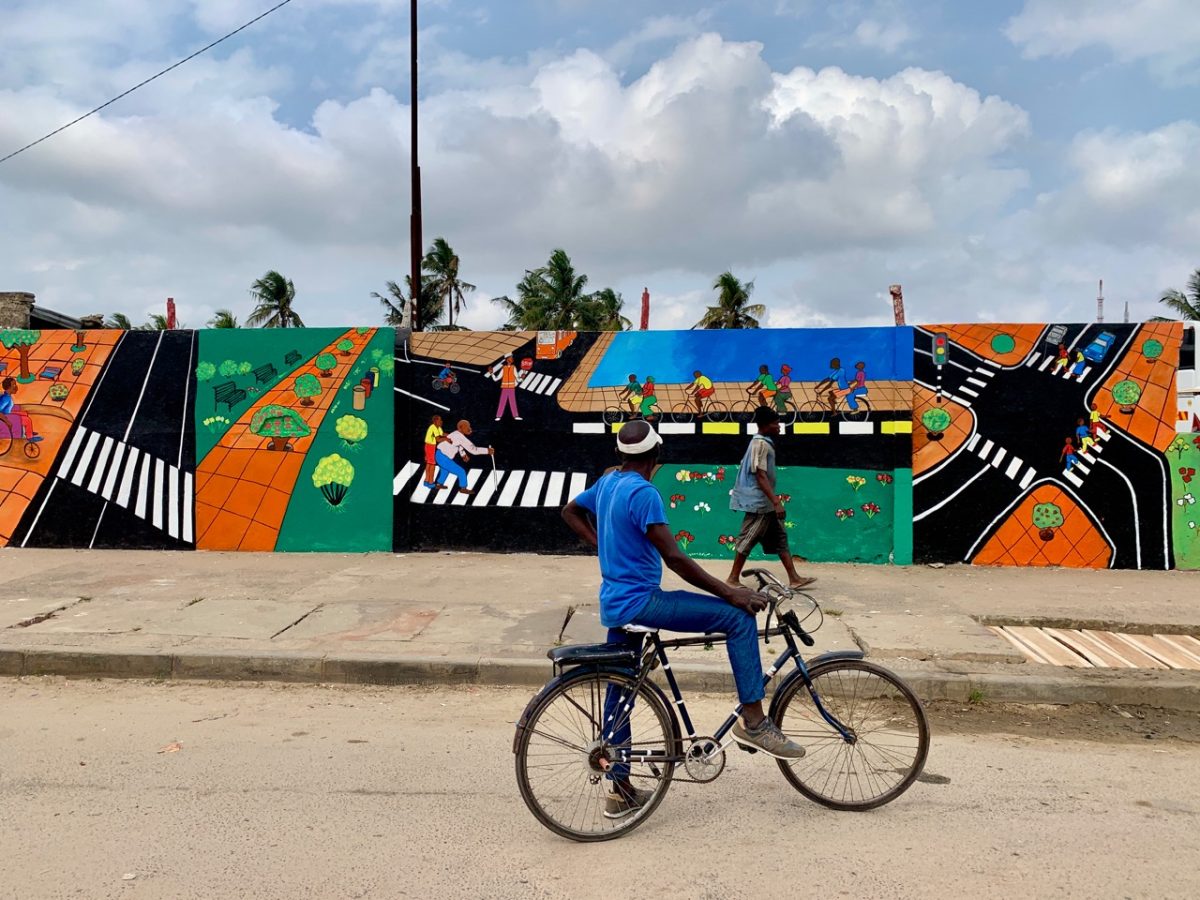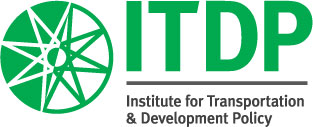Reclaiming Streets for Pedestrians and Cyclists in Africa
Through the improvement of pedestrian and cycling infrastructure, the project aims at contributing to the drop of road traffic-related deaths in target countries to below the African annual average of 26.6 deaths per 100,000 inhabitants.


Overview of the project
Through the improvement of pedestrian and cycling infrastructure, the project aims at contributing to the drop of road traffic-related deaths in target countries to below the African annual average of 26.6 deaths per 100,000 inhabitants. This will be achieved through accelerated efforts of governments and financiers in the areas of policy development, local implementation action and investments to design safer streets and create livable public spaces.
The project proposes four outcomes through policy advice, technical assistance, advocacy and regional learning on safer street designs in and between African countries. It takes advantage of shared initiatives under the Africa Network for Walking and Cycling and the growing momentum around the relationship between active mobility, health and climate change.
In Mozambique, joint efforts with the Ministry of Transport and Communication and Quelimane Municipality are taking place in this sense. During the huge event for the Celebration of the 80th Year of Quelimane City, various events are organized with the aim of discussing and raising awareness on the proposed theme, such as:
- high-level debate on road safety and active mobility’s local and national policies;
- placemaking activities engaging citizens and decision makers such as painting a mural on active mobility and road safety, temporarily painting of a cross-road with participatory session with the key stakeholders on road safety at local and national level;
- a photo exhibition on mobility open with picture selected from a competition open to all the citizens. More work will be done to support the government in the revision of existing policies for active mobility and road safety.
The project aims to enhance road safety and practice of active mobility in African cities. The project is regional, implemented in Guinea, Kenya, Mozambique, Ethiopia and Rwanda, in collaboration with the key Ministries and at least one Municipality per country.
implementation
project still in progress
- Captured essential road safety needs of local communities in Kisumu, developed connections between mayors on core mobility issues.
- Training on road safety and street design delivered to more than 100 stakeholders across 4 countries.
- One placemaking event (with temporary painting of a crossroad, mural realization, photo competition and exhibition and a bike marathon) and one debate and national level with representation of the Ministry of Transport and Communication and the Mayors of the 53 Municipalities is currently ongoing in Quelimane City, Mozambique.
The project is still ongoing. However, in the first year of implementation it has seen city-to-city exchanges and opportunities for local authorities in intermediary cities to learn from best practices that have more localised significance. The project has also included several community engagement activities centred on digital innovation and inclusivity. These include a hackathon in Maputo and a Minecraft workshop in Kisumu. These activities have assisted in better understanding the needs of vulnerable road users. Moreover, a placemaking activity has taken place in Quelimane, Mozambique, during the celebration of the 80th Years of the City, together with other activities for awareness raising of the general public and decision makers.
The project was funded by the UNRSF (United Nations Road Safety Fund).
organisation
UN-Habitat works in over 90 countries to promote transformative change in cities and human settlements through knowledge, policy advice, technical assistance and collaborative action. To help address the mobility challenge, UN-Habitat offers a comprehensive package of knowledge, advocacy, and technical assistance to support national governments and local authorities in the development and implementation of sustainable urban mobility plans and investment strategies.
in collaboration
In the specific case of Mozambique, we have coordinated and worked with other organizations, such as:
- Ministry of Transport and Communication
- Quelimane Municipality
- ANVIRO (bike taxis local association)
- Local young volunteers
Further partnerships are currently being created, especially in synergy with the Sustainable Mobility of Greater Maputo, where the current partners of this project are going to be engaged.


